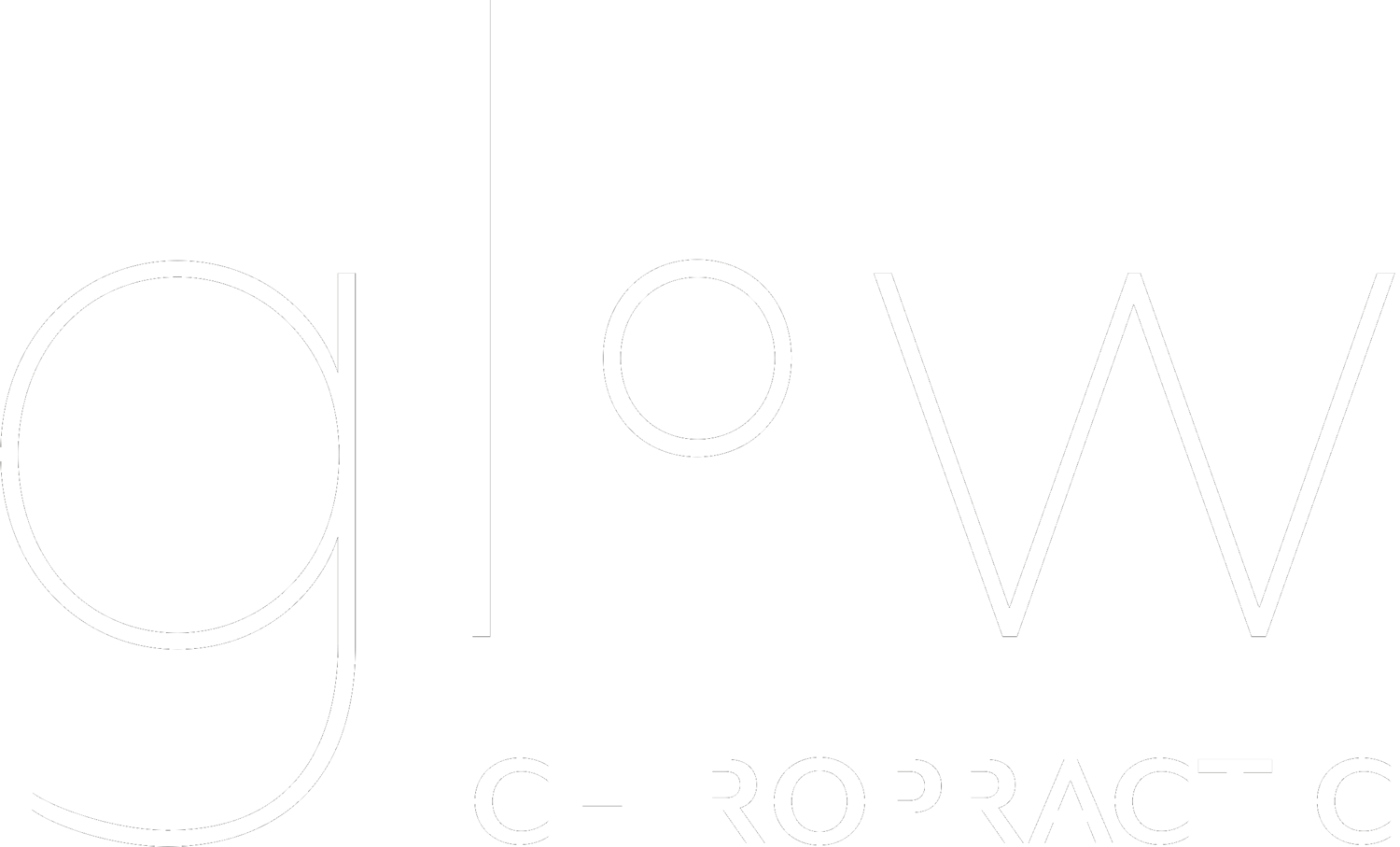5 Steps to better Digestion
In the previous article I spoke about the link between the brain and the digestive system and how Chiropractic Care can play a pivotal role in good gut health. For most people with long-term digestive problems, I also recommend a gut protocol to help support the work that we do in the studio.
The digestive system is the home of the “gut microbiome”—a community of different bacteria types that play a vital role in both fighting disease and maintaining our health. Each of us has his or her own unique bacteria mix, or bacteria “thumbprint” in the gut. There are ‘good’ bacteria that will aid digestion and immunity and ‘bad’ bacteria that will do the exact opposite. Having a healthy, ‘good’ bacteria colony can mean so much to your health.
How do you improve your digestive health to support the rest of your body in general? Here are the most important points.
1. Cut the ‘glue’.
Modern diets are full of hard-to- digest ‘gluey stuff’; the most well-known agent is gluten, found in most grains. Sugar, diary and for some people, egg white tends to be the other common food agents that cause irritation. The first step to better digestion is to clean your diet up in general and fill up on unprocessed and natural foods. Replace these with food high in fibre and complex carbohydrates. For most Dutchies, it means finding alternatives to the large amount of bread and cheese we tend to eat here.
2. Pre-biotics
Bacteria needs food to live off, as all healthy and natural things do. Their favourite food source is fibre that digests slowly and still remains fibrous by the time it reaches the large intestine. The best pre-biotics are raw onion, garlic and Jerusalem artichoke, leeks, raw oats, apple, under ripe banana and cocoa.
3. Pro-biotics
Pro-biotics is what we call good strains of bacteria that we need in our gut for optimal functioning. In all traditional diets you will find these in the form of fermented food. In the typical Dutch diet this will be sauerkraut and sour milk. Other forms of fermented foods are Kimchi, pickles, Kombucha, Yoghurt and Kefir. Because they are so alive they are the best way to get your good bacteria in. The trick is to find a shop that makes them fresh or to make it at home! If the idea of natural pro-biotics is not for you, I recommend the following supplements, found in most health stores across Amsterdam: Biokult, Orthica or Solgar.
4. Bone Broth
The old power house and also common in traditional diets! Bone broth is made by boiling bones in water and a bit of vinegar which releases valuable proteins, minerals and collagen. The collagen, in particular will build the tissue that lines the gut and helps in fighting food sensitivities and excess inflammation.
5. Decrease Stress
The gut is especially vulnerable to the presence of emotional stress, usually affecting secretion of stomach acid, digestive movement and mucosal permeability. The gut microbiome may respond directly to stress-related host signals as well. For some of us this might mean that we will have to take better care of our digestive health when we are going through periods of increased stress.
Although most people will feel a big difference from simply following these steps, others might need some further specific testing in the form of fecal analysis and blood tests and expert personal guidance to build up their microbiome.
Resources:
http://www.gastrojournal.org/article/S0016-5085(08)00472-1/abstract
https://chriskresser.com/how-stress-wreaks-havoc-on-your-gut/
